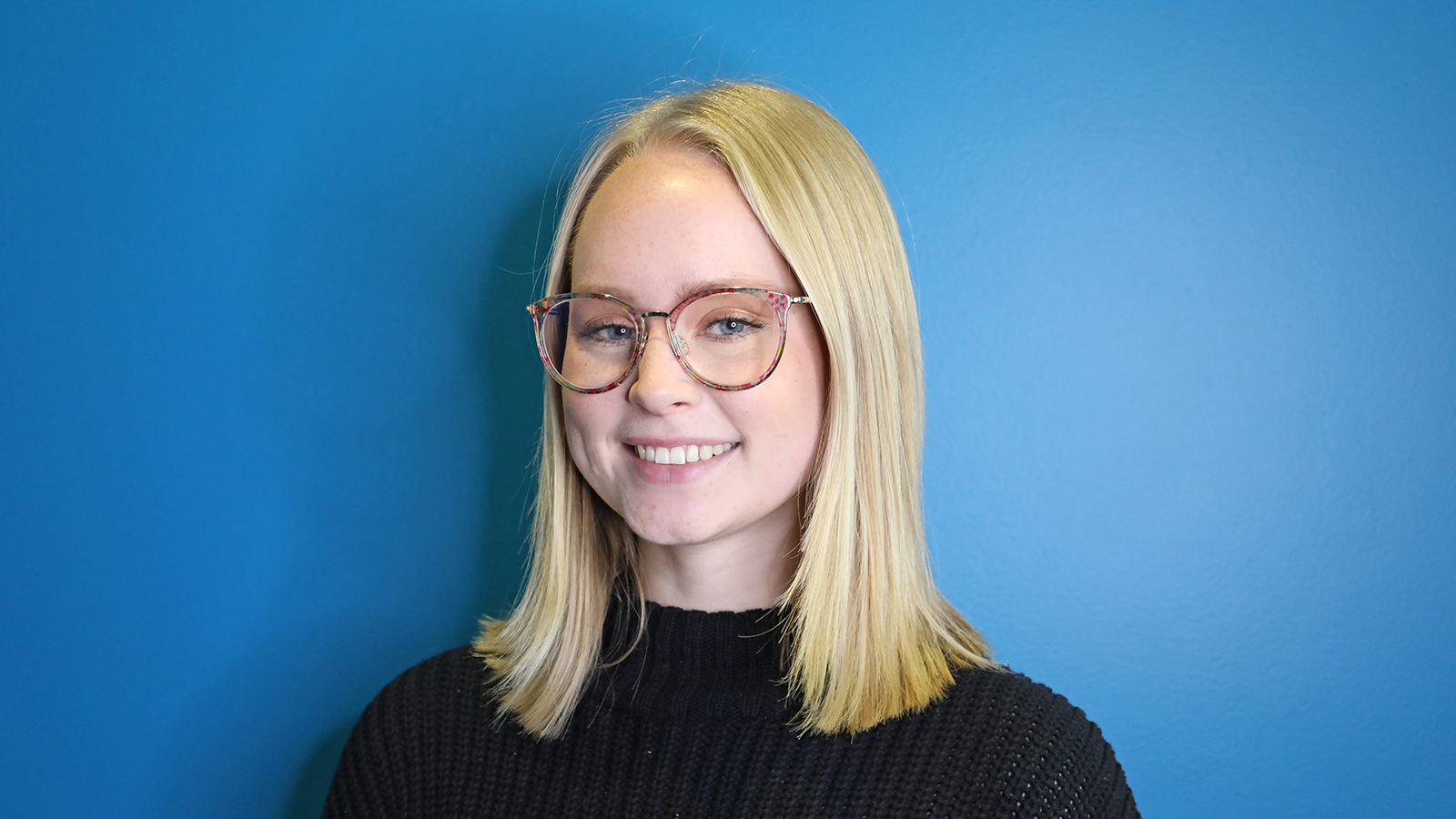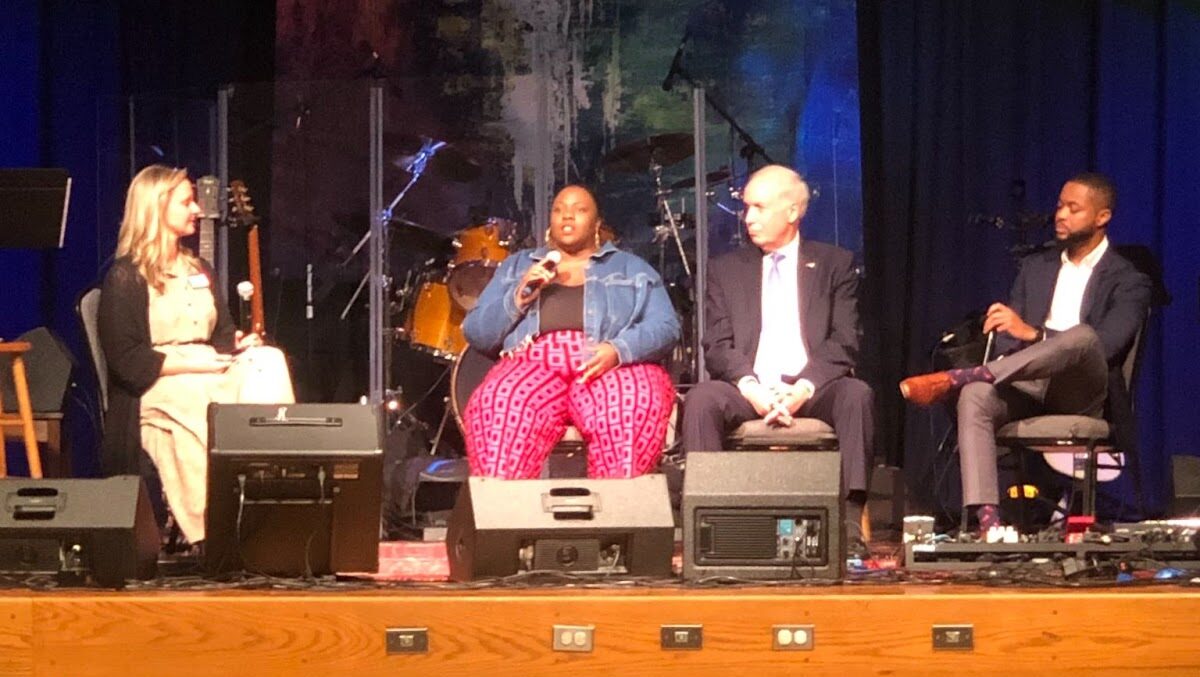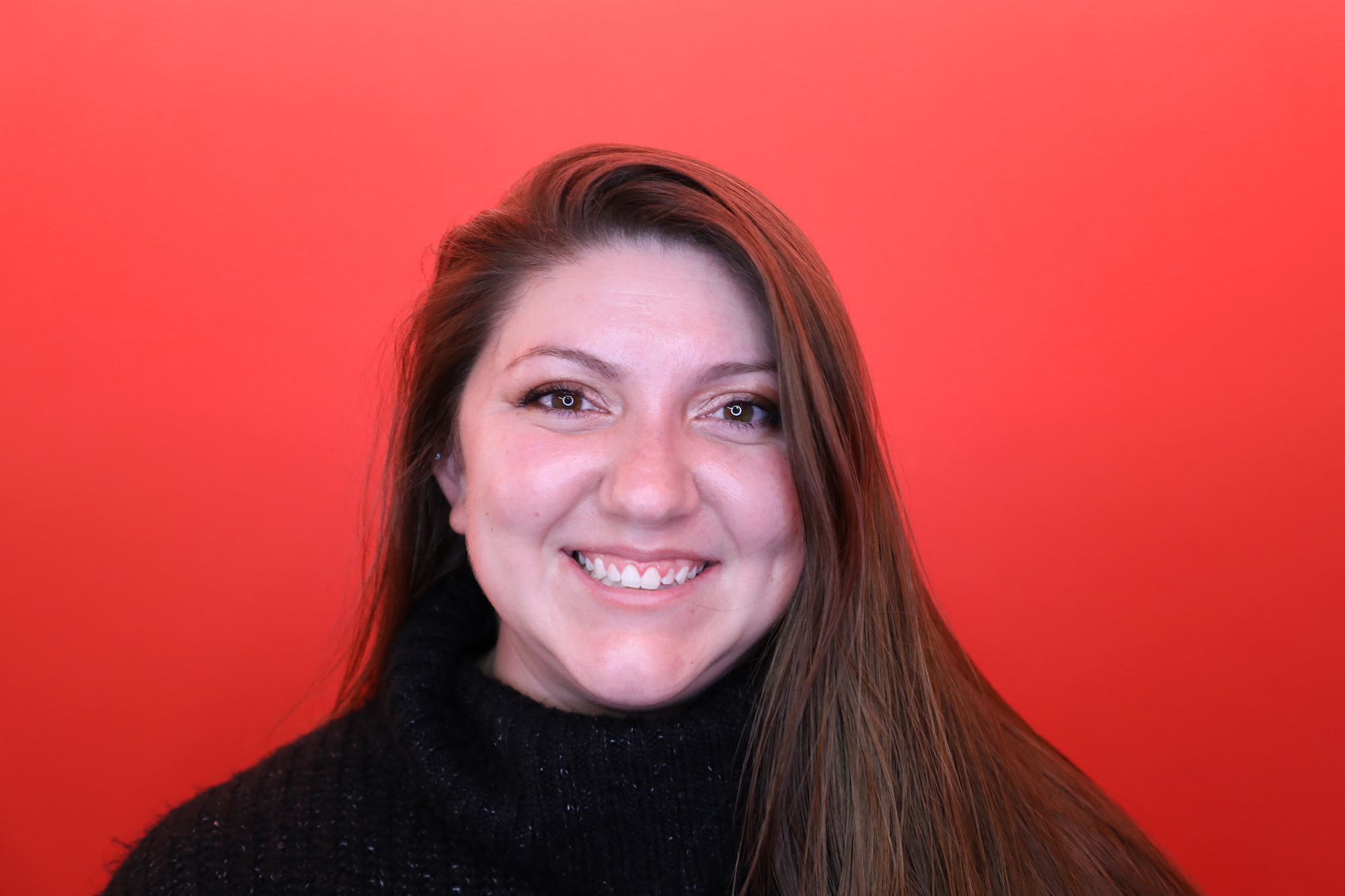Annual Conference Draws Faith and Community Leaders to Tackle Tough Topics
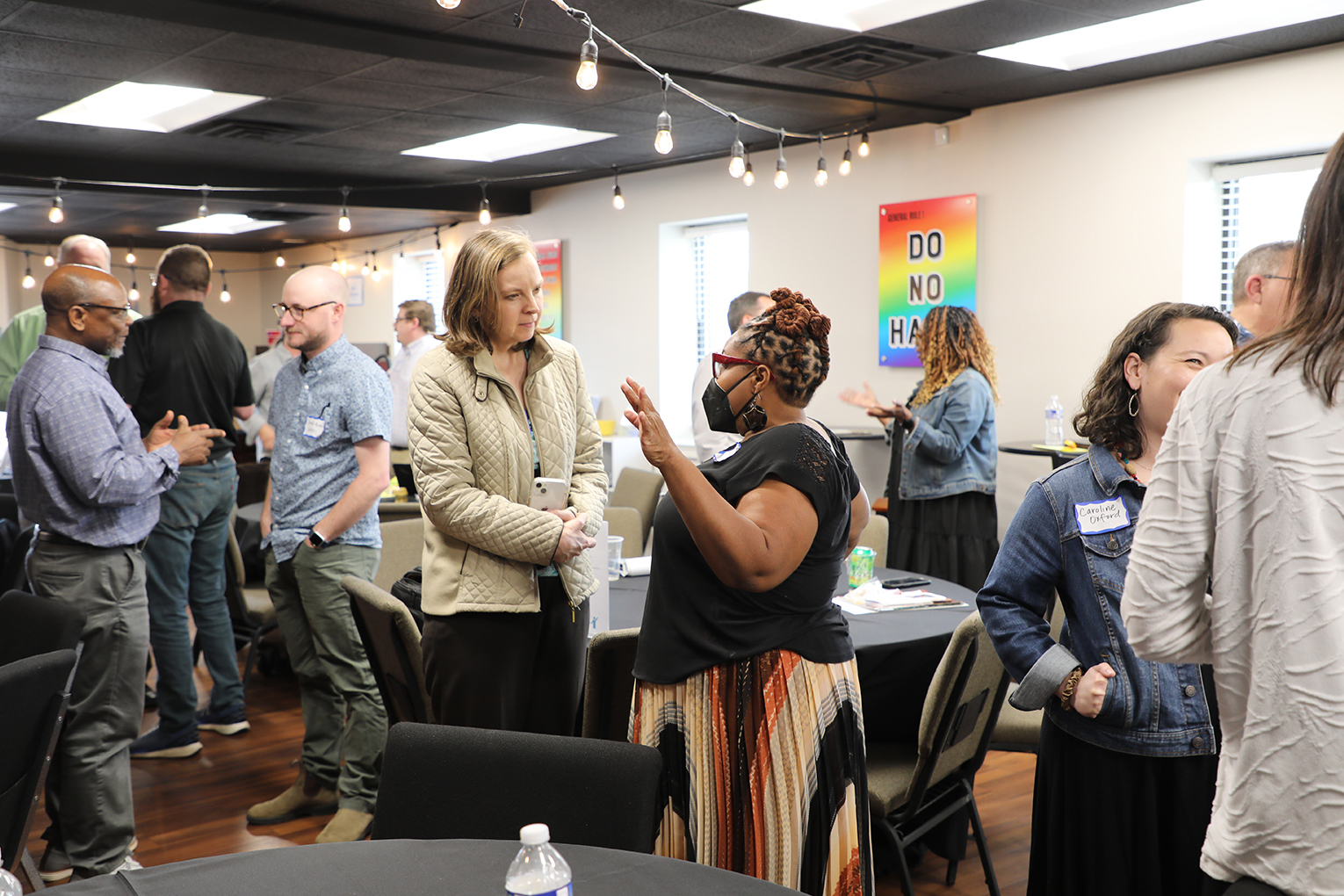
Nearly 100 faith and community leaders from across North Carolina gathered at First United Methodist Church in Asheboro on April 15 and 16 for the 2024 Faith and Community Initiative annual conference, held by NC State University’s Institute for Emerging Issues. Participants engaged in thoughtful discussions and learned about resources related to mental health, nutrition, end-of-life care, local policies and legislation, financial wellness and more.
“The best part of my job is getting to watch people connect with one another, create new networks and deepen existing relationships,” said IEI Faith & Community Initiative Lead Ellen Beasley. “It was a fun day full of meaningful work and we look forward to continuing the conversations.”
The two-day event was structured to facilitate learning and conversations around tough topics that faith and community leaders commonly face and to build partnerships and collaboration between attendees.
“IEI puts on thought-provoking events that are worth my time,” said Mary Frances McClure, a pastor at Moyock United Methodist Church. “I learn something new and have the opportunity to network with other people of faith who are interested in issues in North Carolina.”
The first night of the conference on April 15 was structured around First UMC’s weekly service, which includes community resources, a meal and fellowship on Monday evenings. Conference attendees were able to network, tour the chapel and learn about resources First UMC provides to members of the community.
On April 16, panelists throughout the day spoke about mental health, nutrition, policy and aging.
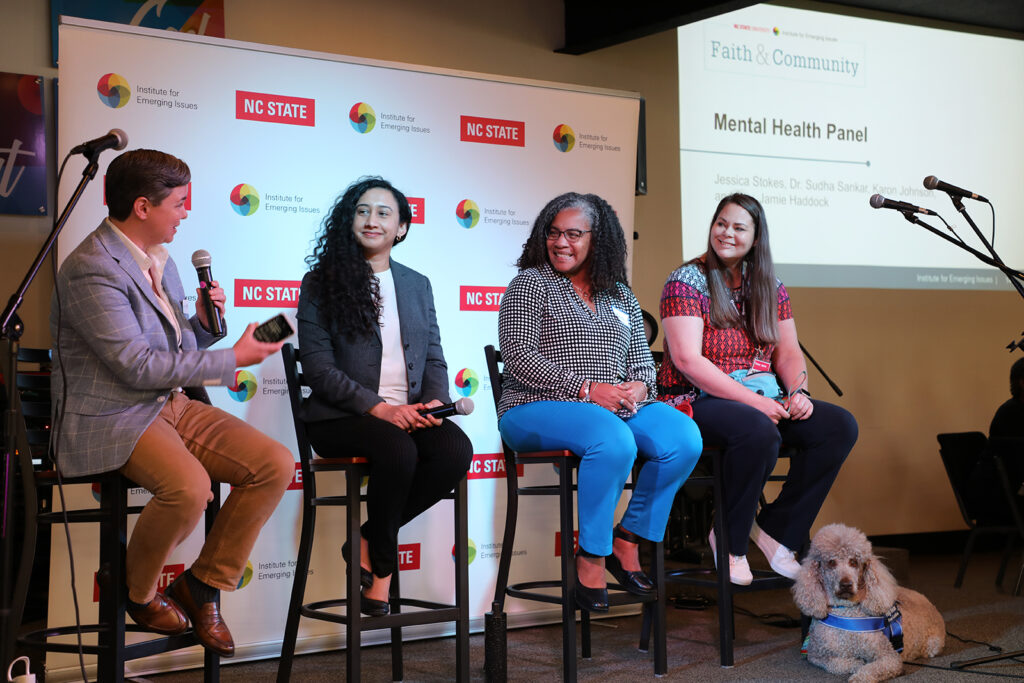
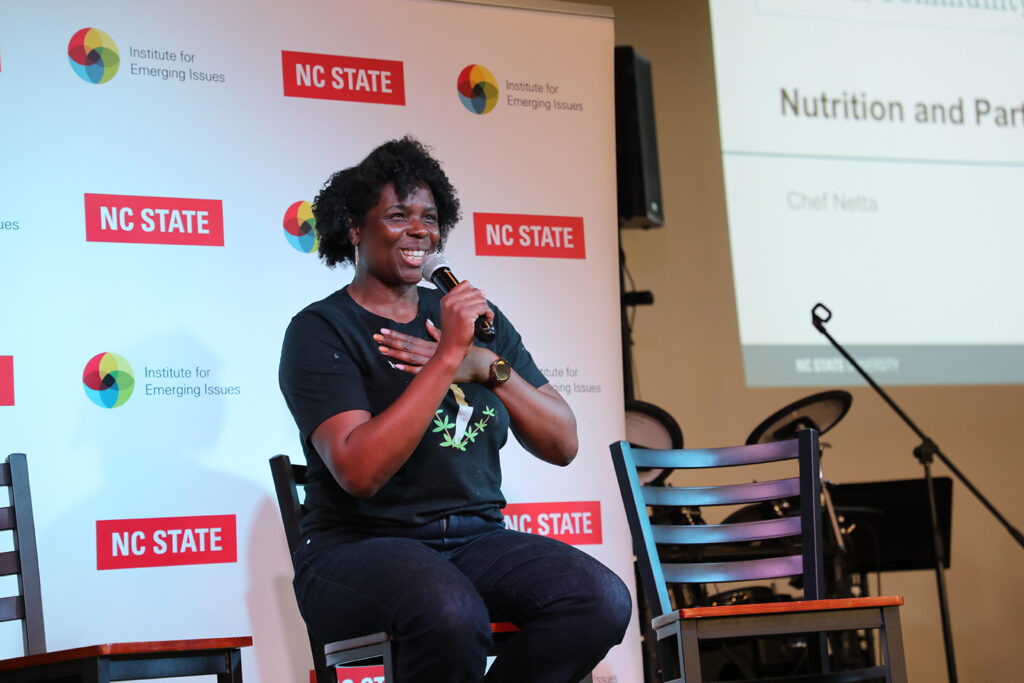
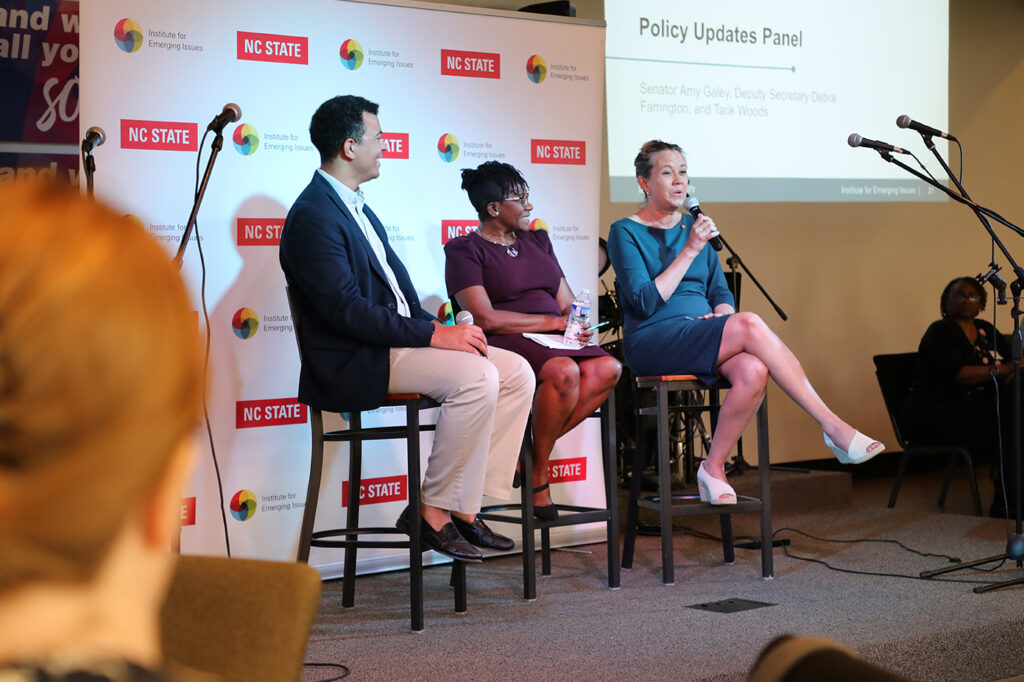
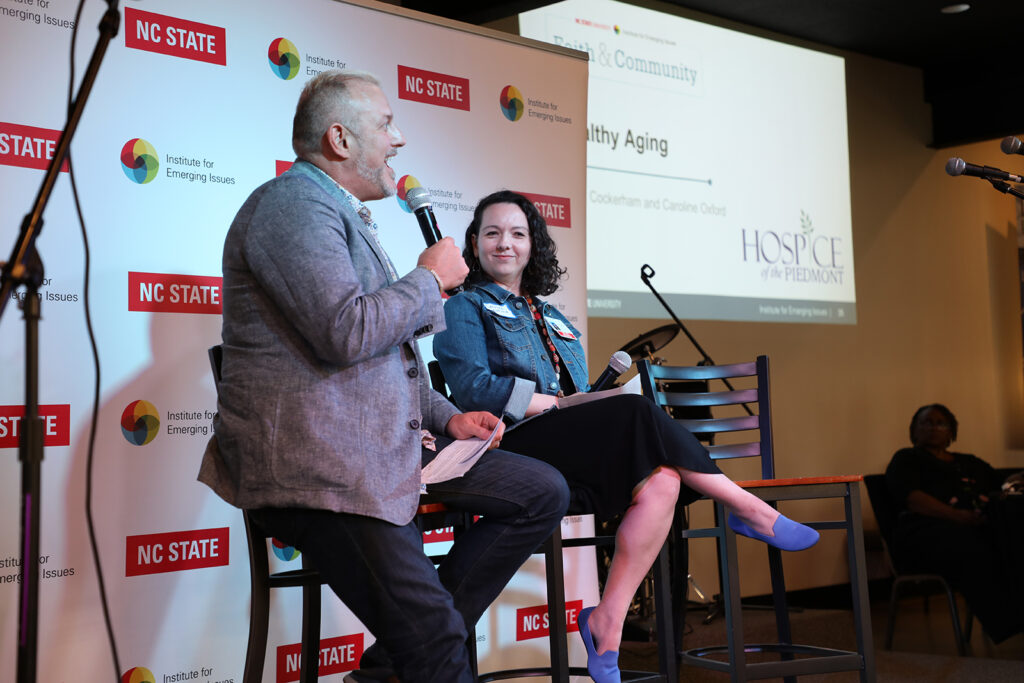
Community organizations like the Rural Advancement Foundation International-USA (RAFI-USA), NC Council of Churches and the Ormond Center made brief presentations about their work during “commercial breaks” between panels.
“Tuesday’s quickly-paced presentations and panels were an excellent way to see and hear what is happening,” said Dennis Peay, a pastor at Westminster United Methodist Church. “The NC State and Duke Endowment Partnership is modeling the way academics, extension and faith communities are living a multi-faceted approach to making North Carolina the best place for all North Carolinians.”
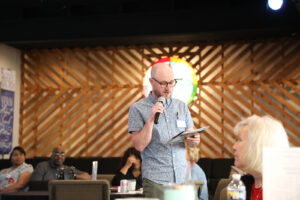
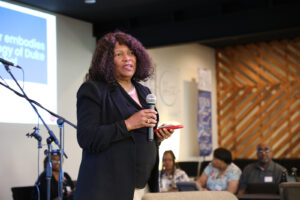
Participants ended the conference in an interactive activity where they imagined steps they could take to implement what they learned into their community ministries.
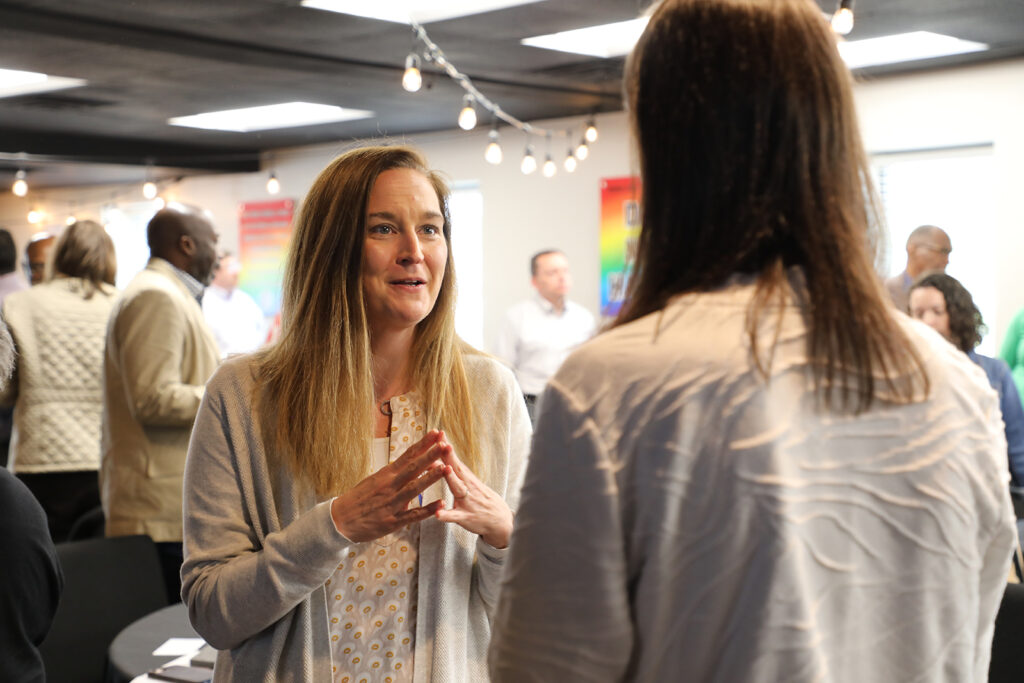
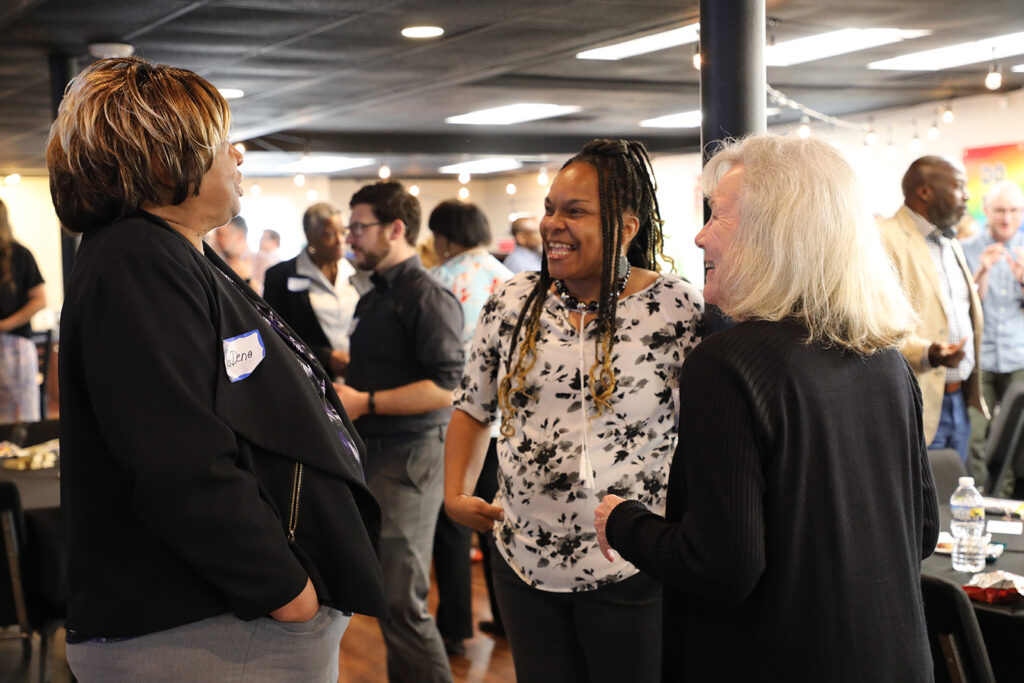
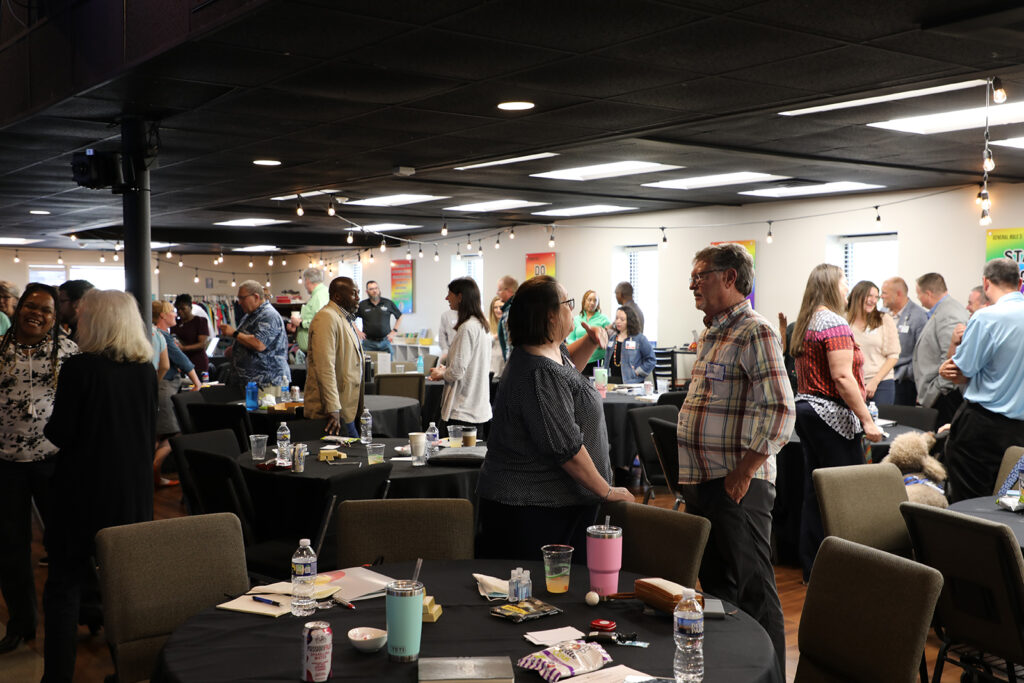
- Categories:
